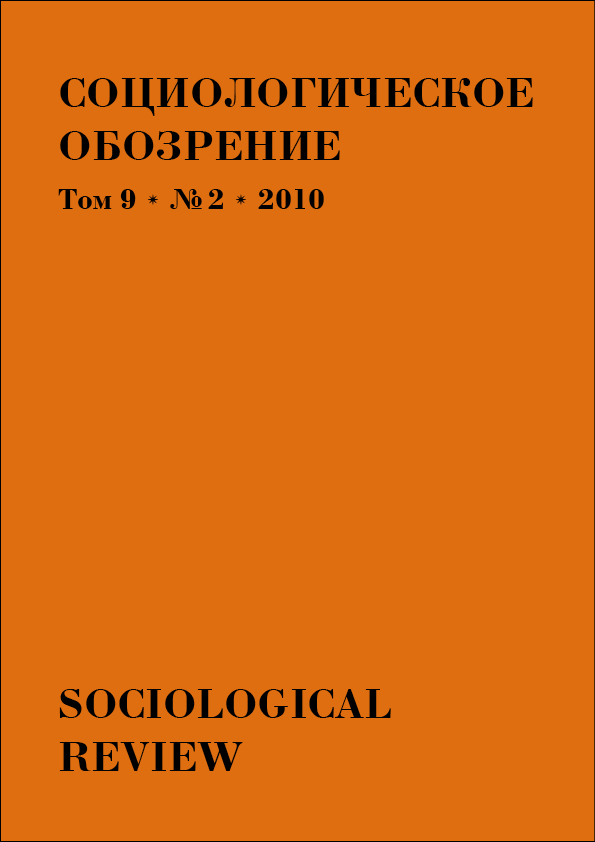Art as a Cultural System
Keywords:
culture, Geertz, art, aesthetic experience, sensibility, symbolic anthropology, primitive societies
Abstract
The paper is one of the four central texts where Clifford Geertz summarized his ideas. Geertz suggests an understanding of art as a social phenomenon and gives a social anthropological account of aesthetic experience. In opposition to structuralism, which analyzes art as a closed sign system developing according to its inherent logic, and to radical functionalism, which attempts to study art as if its main function was to maintain established institutions of culture, Geertz proposes to view a work of art as a symbolical expression of the significant experience of its creator. In this case the ability of aesthetic perception of the work of art is treated as the ability to recognize the symbols it contains — the ability that results from involvement in the relevant cultural (religious, commercial, ceremonial, etc.) practices. Author illustrates his argument by the examples from the studies of that time: studies of Abelam tribe of New Guinea, Yoruba people of Western Africa, Quattrocento Italia, and modern Morocco.Downloads
Published
2011-03-06
How to Cite
ГирцК., АронсонД., & КорбутА. (2011). Art as a Cultural System. Russian Sociological Review, 9(2), 31-54. Retrieved from https://cfjournal.hse.ru/index.php/sociologica/article/view/401
Issue
Section
Translations




